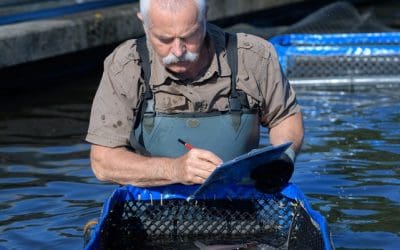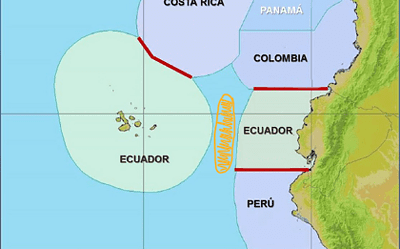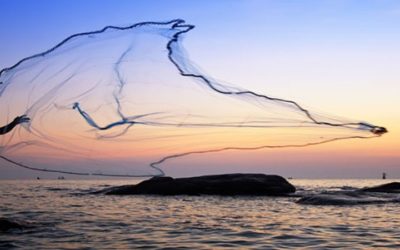IMO guidelines
– the seafarer is a special kind of professional and his fair treatment after a maritime accident is
In a traditionally hard industry, as the shipping one,piracy and slavery are still a big issue. Ships stranded at sea and their crews are easy targets for international terrorist and crime organizations.
But what happens when
Unfair Treatment Of Seafarers On Ships
occurs?
Even with strong guidelines and legal binding agreements,occasions where fisherman turn into “ship slaves”, ares till on the evening news.
One example that the whole media community is discussing is Thailand. The country has one of the biggest seafoodexport industries but still practices trafficked andforced labor.
Many current publications focus on revealing the horrible conditions on Thai ships via interviews with escaped crew members.
The thriving industry of Thai seafood that serves dinnerat tables internationally has a dark side. The ugly truth is that refugees and people looking for work in Thailand often get sold to ship-owners and are forced to work in slavery.



